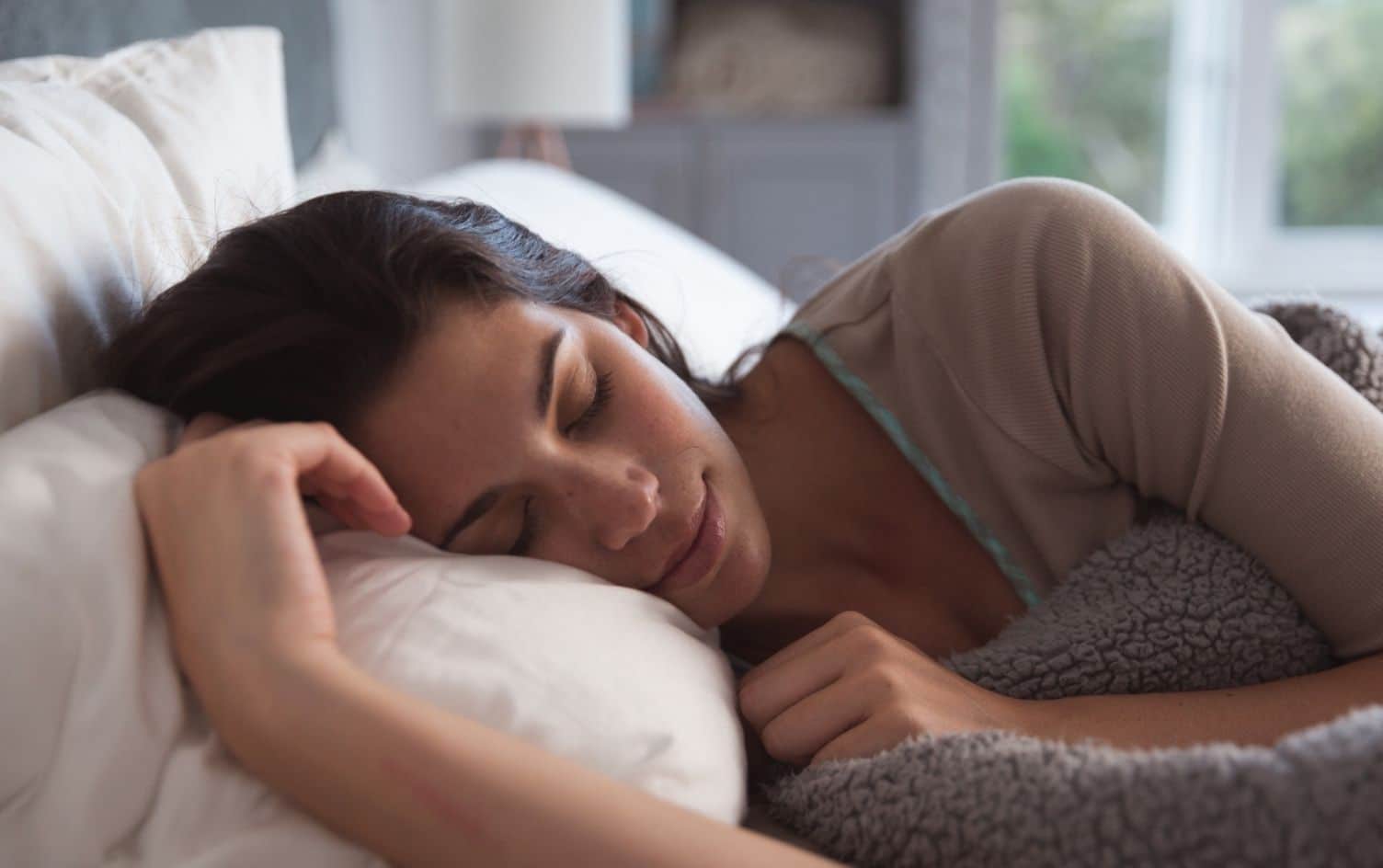It might seem obvious, but if you find you are often more tired than not, you probably need more sleep. Creating a simple routine helps you sleep better and benefits your overall health, and this guide to sleep can help.
Among the detrimental effects of inadequate sleep are diminished alertness, concentration and psychomotor function, plus insufficient sleep is associated with hormonal changes that can lead to increased appetite and weight gain. Additionally, there is evidence of immune system impairment leading to increased susceptibility to infection.
The good news is developing a healthy sleep routine doesn’t take long — a few weeks at most — and it results in long-lasting health benefits. Athletes may notice increased performance due to improved recovery during sleep, and people watching their weight may find adequate sleep helps them lose weight.
[perfectpullquote align=”full” cite=”” link=”” color=”HEX 0073bb” class=”” size=””] Sleep is the fountain of youth, wellness, health and peak performance, mentally and physically,”
— Charlene Gamaldo, MD, medical director at the Johns Hopkins Center for Sleep [/perfectpullquote]
[eg_header]3 MUSTS FOR A BETTER NIGHT’S SLEEP[/eg_header]
Your nighttime routine doesn’t have to be elaborate; here are the three things you should do to get a better night’s sleep.
1. SET — AND KEEP — A BEDTIME
It’s best to go to bed and wake up at about the same time every day. Fluctuating sleep and wake times can wreak havoc on your body and throw off your sleep quality.
The ideal time to go to sleep is between 10 and 11 p.m., as it may promote more slow-wave sleep, which is the deeply restorative stage of sleep. For athletes, this is especially relevant, as it can enhance your recovery.
If your schedule isn’t the same day-to-day and setting a consistent time for sleep seems impossible — or is constantly interrupted — you should at least try to get an adequate amount of sleep. For adults, that means 6.5–8 hours of sleep. Increased mortality has been observed in adults getting less than 6.5 hours and more than 8 hours of sleep per night.
2. PRACTICE GOOD SLEEP HYGIENE
Sleep hygiene also refers to what you do before bed. Abstaining from tobacco, alcohol, caffeine, strenuous exercise and stimulating mental activity in the hours leading up to bedtime is a good idea.
For those who prefer to work out at night — or whose schedules only allow for post-work workouts — moving them to the late afternoon is beneficial when it comes to sleep.
According to the National Sleep Foundation, our bodies are regulated by both the sleep/wake homeostasis and the circadian biological clock. That biological clock is what causes us to feel periods of sleepiness and wakefulness throughout the day. In the afternoon, this dip most often occurs between 1 and 3 p.m., so working out after that window can help you feel re-energized (because, after all, a runner’s high is a real thing).
3. DITCH TECHNOLOGY
This may be the hardest step for you to follow; even harder than ending a night out early to get to sleep at your regular time. However, limiting your exposure to technology — and keeping it out of the bed with you — will help you sleep better.
Best case scenario: Do your bathroom routine and then read non work-related material in low light, ideally not in bed. If nothing else, avoid blue light from your smartphone, tablet or computer 1–2 hours before bed.
Reading a book — yes, those still exist in paperback and hardcover — is best; doing so out of bed is even better. Limiting your activities in bed throughout the day can help signal to your brain that when you get into bed it is time to sleep and not just to relax.
[eg_header]HABITS THAT UNDERMINE SLEEP[/eg_header]
8 Bad Habits that Are Ruining Your Sleep
Change up your routine, from when you work out to when you stop replying to work emails. Here are eight common culprits you can fix right away.
The Best and Worst Foods for Sleep
Check this list to make sure your late-night snack doesn’t cost you precious zzz’s.
The Surprising Habit that Sabotages Your Sleep
This absolutely pains us to admit, but the beloved nightcap isn’t really capping anything. Check out the above article for the very sobering truth.
[eg_header]WHAT TO DO WHEN INSOMNIA STRIKES[/eg_header]
How to Get Back to Sleep When it Feels Impossible
It’s 2 a.m. and you’re wide awake. What do you do next? These tips could help you avoid that situation.
This 8-Minute Song Is Practically Guaranteed to Help You Sleep
OK, nothing’s really guaranteed, but come on, you’ve got to be curious. Even scientists call this “the most relaxing song in the world.”
The Undeniable Reason You Need to Deal with Insomnia
Science shows a link between insomnia and dementia. Luckily, there’s a possibility to get ahead of a dementia diagnosis with treatment for insomnia. Here’s what you need to know.
[eg_header]THE REAL EFFECTS OF SLEEP DEPRIVATION[/eg_header]
This Is Your Body on Sleep Deprivation
This isn’t all dreams and nightmares. Learn what happens to your brain, eyes, stomach, heart, pancreas and immune system when you deprive yourself of sleep.
Does Sleep Deprivation Really Impact Weight Loss?
New workout gear, check. New gym membership, check. Have you factored sleep into your weight-loss plan? Here’s the quick reason you should.
READ MORE ESSENTIAL GUIDES
> Getting Moving
> Walking and Steps
> Losing Weight




